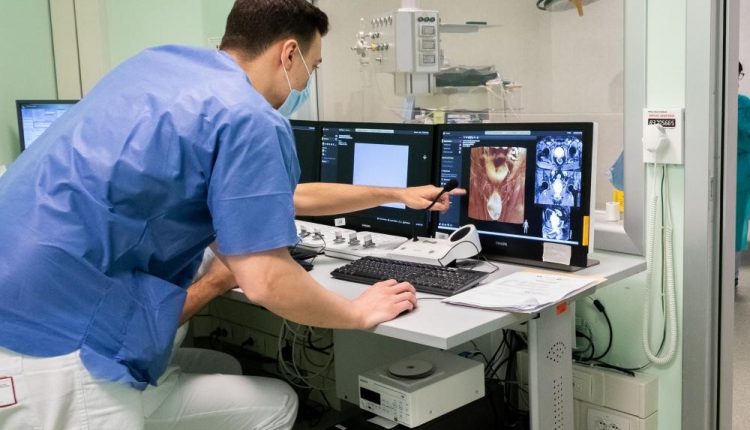
Prostatitis: what it is, how to diagnose it and how to treat it
Prostatitis is an inflammation of the prostate, a gland found only in men, located under the bladder and around the urethra (the channel that carries urine from the bladder to the outside)
What are the causes of prostatitis?
The causes of prostatitis can be different.
In some cases, the inflammation is caused by bacteria entering the prostate through the urethra.
In other cases, it may be caused by other infections, such as sexually transmitted infections or chronic irritation of the prostate.
In some cases, prostatitis may be caused by a combination of these factors.
What are the symptoms of prostatitis?
Symptoms of prostatitis may include:
- pelvic pain
- pain during urination and ejaculation,
- frequent need to urinate,
- fever and chills.
How to diagnose?
If you suspect you have prostatitis, it is important to see your doctor for an accurate diagnosis.
To diagnose prostatitis, your doctor may require
- a urine test,
- a blood test,
- an ultrasound of the prostate or a test of the prostate secretions.
In some cases, a rectal examination (the urologist introduces a finger into the anus and ‘touches’ the prostate to feel its consistency, temperature and test its pain) or a prostate biopsy may be necessary.
How to treat prostatitis?
Treatment for prostatitis depends on the cause of the inflammation.
If it is caused by bacteria, treatment consists of taking antibiotics for a specific period of time.
If it is caused by chronic irritation, treatment might include drugs to reduce inflammation, diet and lifestyle changes.
Often, a combination of antibiotic and acute anti-inflammatory therapy and maintenance therapy is required.
It is important to carefully follow the treatment prescribed by the doctor and to inform him or her of any changes in symptoms or health status. Prostatitis is generally curable if treated early and adequately.
However, if left untreated, it can lead to complications such as urinary tract infections, difficulty urinating or systemic symptoms.
Read Also
Emergency Live Even More…Live: Download The New Free App Of Your Newspaper For IOS And Android
Prostatitis: Symptoms, Causes And Diagnosis
Colour Changes In The Urine: When To Consult A Doctor
Acute Hepatitis And Kidney Injury Due To Energy Drink Consuption: Case Report
Bladder Cancer: Symptoms And Risk Factors
Enlarged Prostate: From Diagnosis To Treatment
Male Pathologies: What Is Varicocele And How To Treat It
Continence Care In UK: NHS Guidelines For Best Practice
The Symptoms, Diagnosis And Treatment Of Bladder Cancer
Fusion Prostate Biopsy: How The Examination Is Performed
How Dangerous Is An Enlarged Prostate?
What Is It And Why Measure Prostate Specific Antigen (PSA)?



